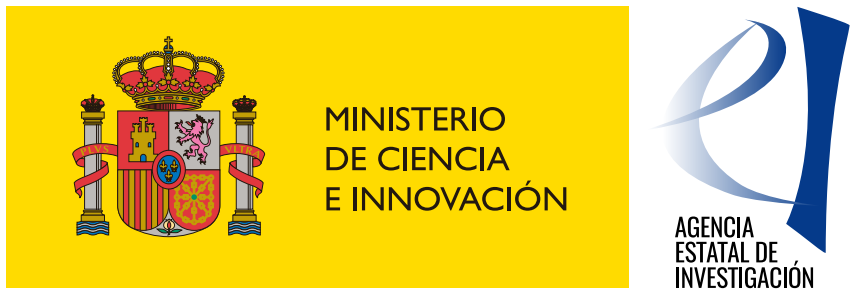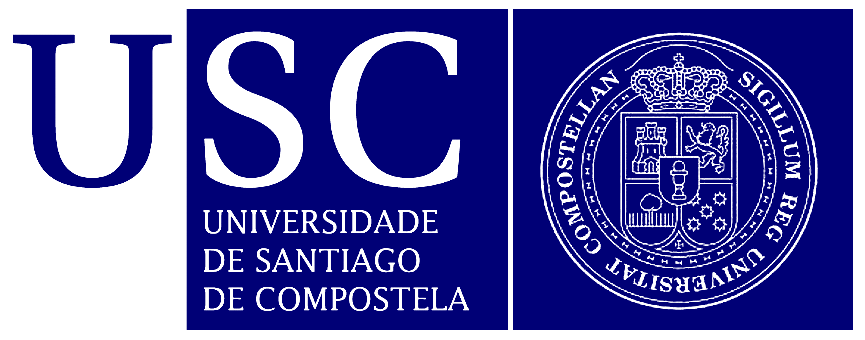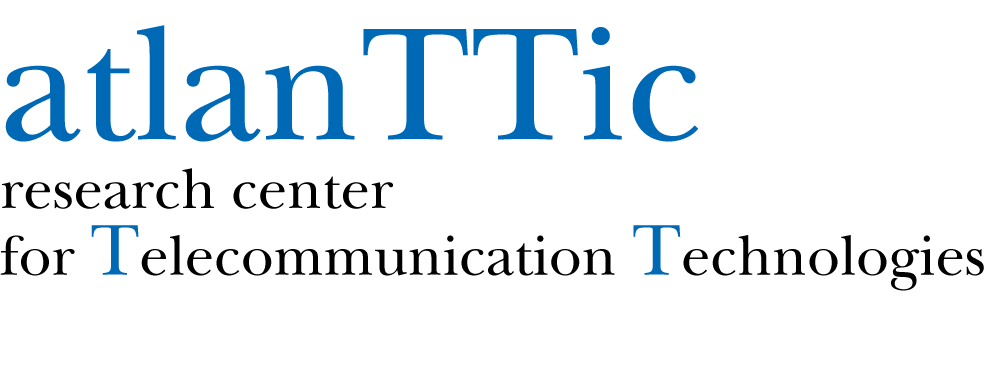This project aims to contribute to Challenge – Health, demographic change and well-being, following a strategy based on the research of information technologies that can be adapted to generate instruments that promote healthy aging and enable the early detection of neuro-psychiatric disorders, as these are the main reason for the loss of quality of life in older ages.
Therefore, a work methodology is required to advance towards the above objective, by researching and developing new technological services and applications, but guaranteeing at the same time their validity from a health and care perspective of the instruments developed.
The research team is specialized in two areas: Computer Sciences, UNESCO code 1203 and Clinical Sciences, UNESCO code 3201. The central contributions of the project and the main scientific and technical impact will be produced in area 1203, but results will be applied to the socio-sanitary sector. Therefore, it is essential to guarantee its validity from the 3201 point of view, particularly in the field of gerontology care. This purpose is addressed by including in the research team seven researchers specialized in 1203 (TEAM1) and three researchers specialized in (TEAM2).
The two main researchers of the project belong to TEAM1, Luis Anido Rifón and Luis Álvarez Sabucedo, but they will always be assisted by the person in charge of TEAM2, Manuel Gandoy Crego.
All the ecosystem’s design activities of applications and services will be carried out following a participatory design strategy, with members of the two teams, and by organizing focus groups including experts and senior adults. This includes validating the inclusion of applications and services to promote healthy aging for which we already have evidence of a high degree of acceptance, and also the design of new ones that may be considered relevant to the project
objectives.
This research was supported by the Spanish Ministry of Economy, Industry and Competitiveness Grant PID2020-115137RB-I00 funded by MCIN/AEI/10.13039/501100011033




